We have a week filled with cinematic emotions, inspiring encounters, concerts, and conversations behind us. Now the time has come to officially conclude the 65th Krakow Film Festival. The packed auditorium of Kijów Cinema once again became the centre of events – it was here that creators from around the world eagerly awaited the announcement of the verdict. The closing gala crowned the cinematic portion of the festival’s anniversary edition, with the announcement of the winners as its climactic moment – meet them below.
Winners of the 65th Krakow Film Festival
National Competition
The jury of the National Competition – chaired by Izabela Łopuch – decided to award two Golden Hobby-Horses for feature-length documentary films ex aequo. The first recipient was Weronika Mliczewska for Child of Dust. In the jury’s statement, we read that she received the award for a fully realized film that transforms the fate of an individual searching for their father into a universal parable about confronting historical injustice. For the painful beauty of a film depicting the severing and reclaiming of the most important human bonds. We are all children cast into a world that wounds us, but to which we cannot surrender.
The creators of Child of Dust were also recognized by the Polish Filmmakers Association, which awarded Marcin Sucharski and Mateusz Romaszkan for editing. The jury granted this award for creating a multi-layered and incredibly moving narrative. For prioritizing respect and profound tenderness toward the protagonists, while simultaneously displaying mastery and courage in dramatic means.
The second recipient of the Golden Hobby-Horse is Wojciech Staroń for the film The Passion of Agnieszka. In the justification we read: For an intimate yet remarkably capacious film about imbuing every moment with meaning. For reminding that a world where people truly see and hear each other, and thus grow, is possible. Film is exposed from both sides. We thank the Creators for reminding us of this magnificent metaphor for human relationships.
The jury of the National Competition – short film section – consisting of: Magdalena Kamińska (chairwoman), Kaja Krawczyk-Wnuk, and Wiola Sowa, awarded three Golden Hobby-Horses. The title of director of best short fiction film went to Artem Rachkelyuk, creator of Look Homeward, receiving the award for a beautifully acted, mindful journey into the interior of a protagonist at a crossroads. The Special Mention in this category went to Damian Kosowski for the film People & Things.
In addition, the Wrocław Feature Film Studio decided to award Jakub Prysak for his film Nothing Else for his debut as a creator of a first or second fiction film, calling it a moving tale that avoids facile solutions, depicting people in the face of inevitability. Wojciech Węglarz won the Golden Hobby-Horse for the best short documentary film: Bloodline – a visually impressive, focused, and disciplined metaphor of solitude and rejection. The Special Mention for a courageous and sensitive portrait of a challenging love between daughter and father went to Małgorzata Goździk, the director of Dance with Me, Dad.The third short production that received the Golden Hobby-Horse is the animation The Pool or Death of a Goldfish directed by Daria Kopiec, who – as we read in the verdict – created a touching and plastically suggestive story about how one cannot endlessly pretend their own non-existence. A Special Mention for a hypnotic depiction of life in times of excess was awarded to Paulina Ziółkowska for the film Tears.
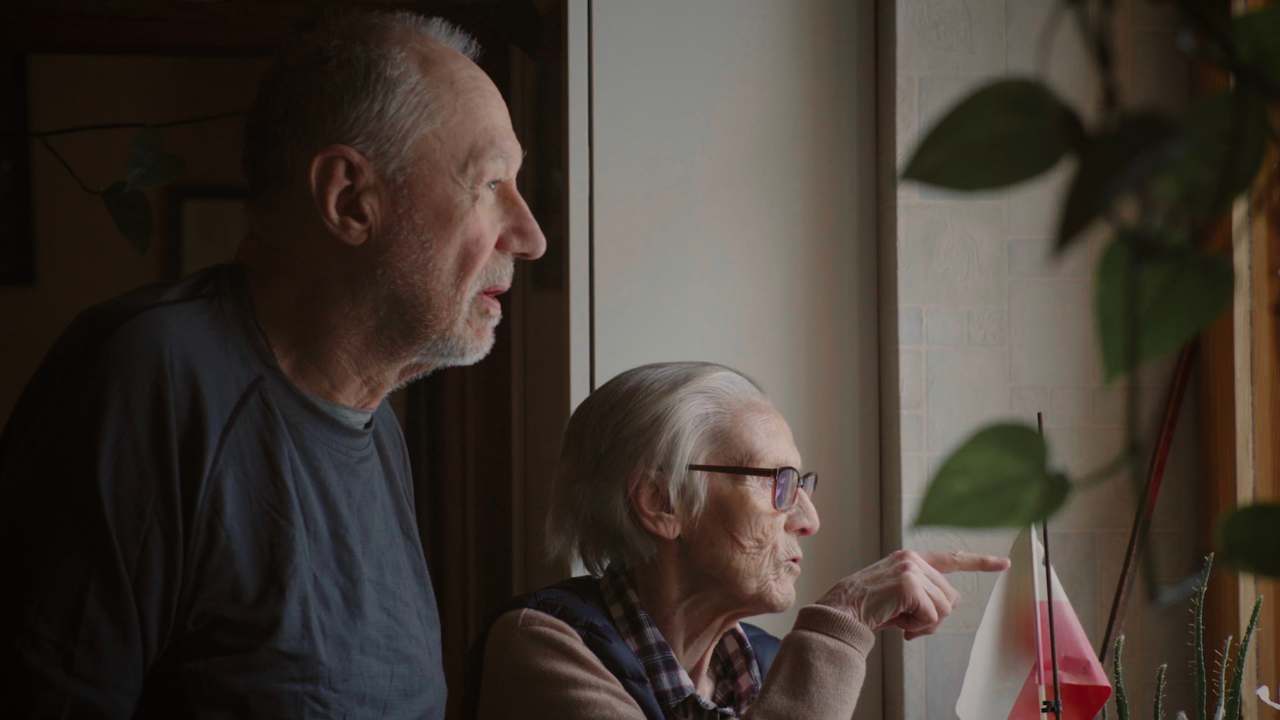
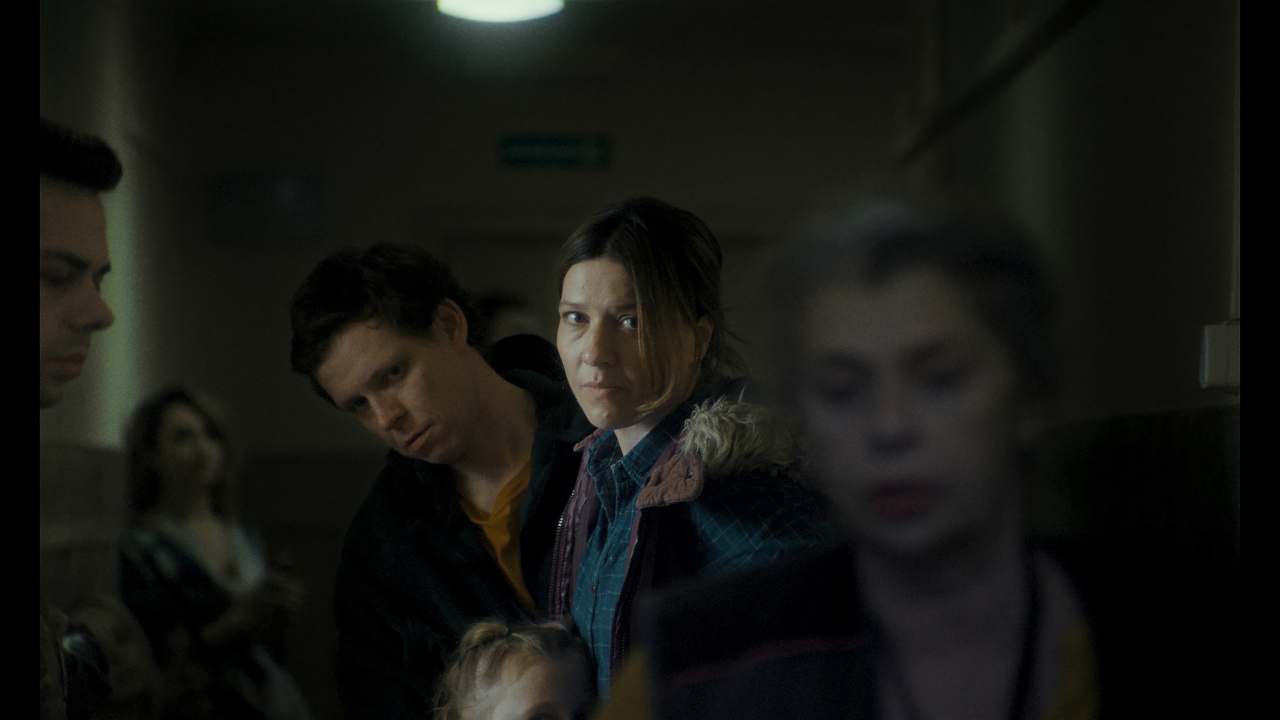

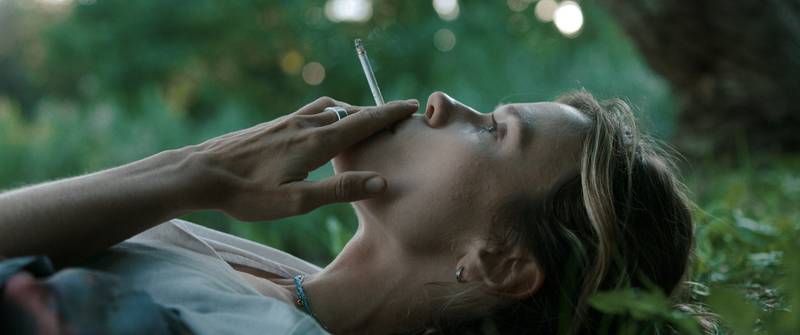
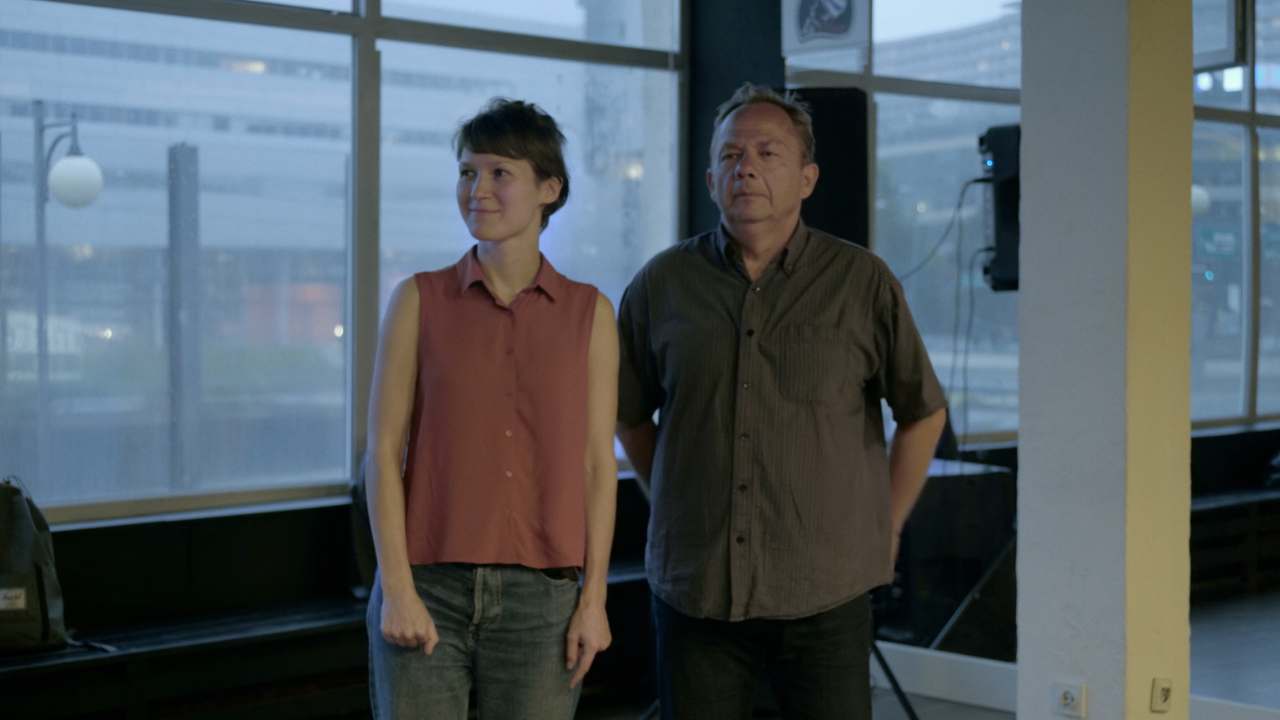
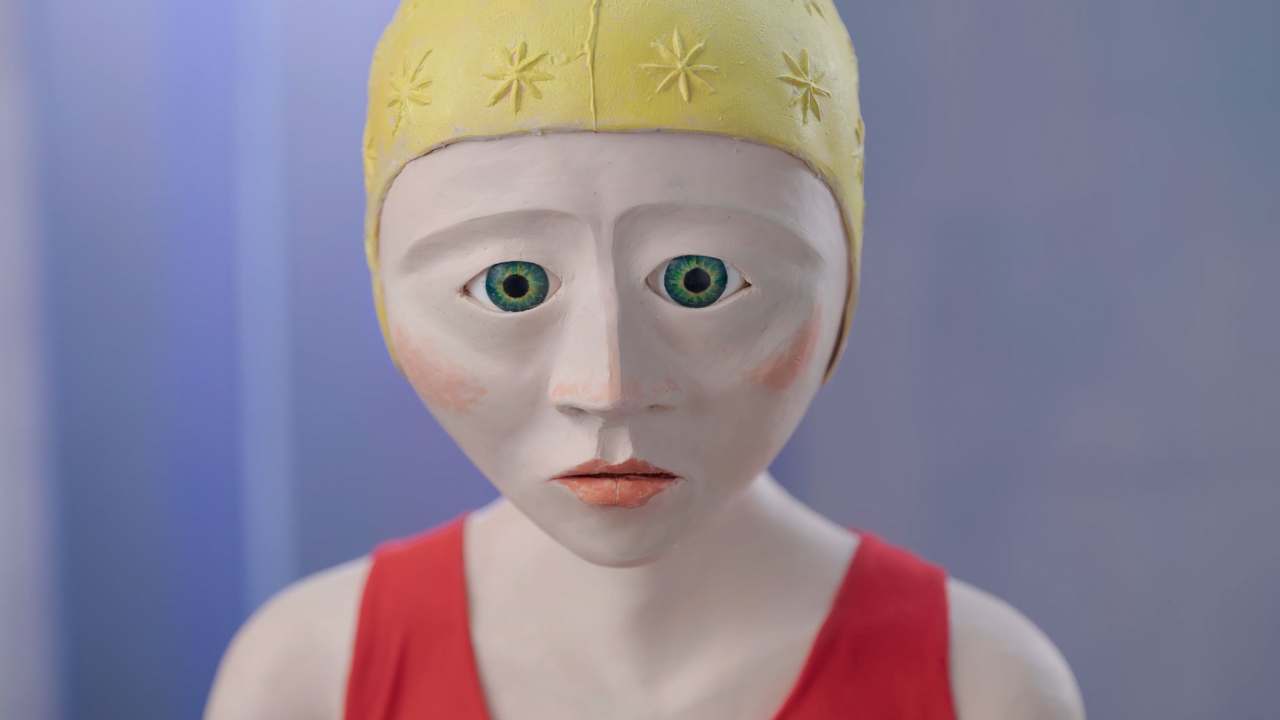
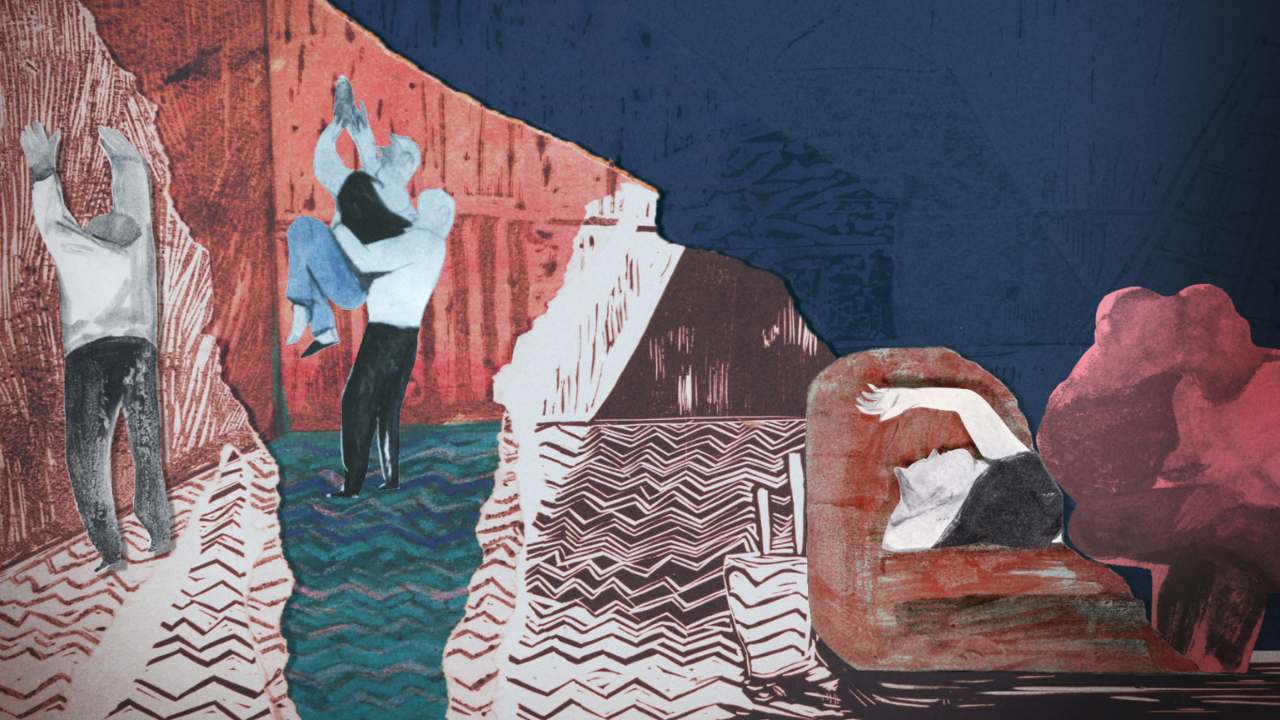
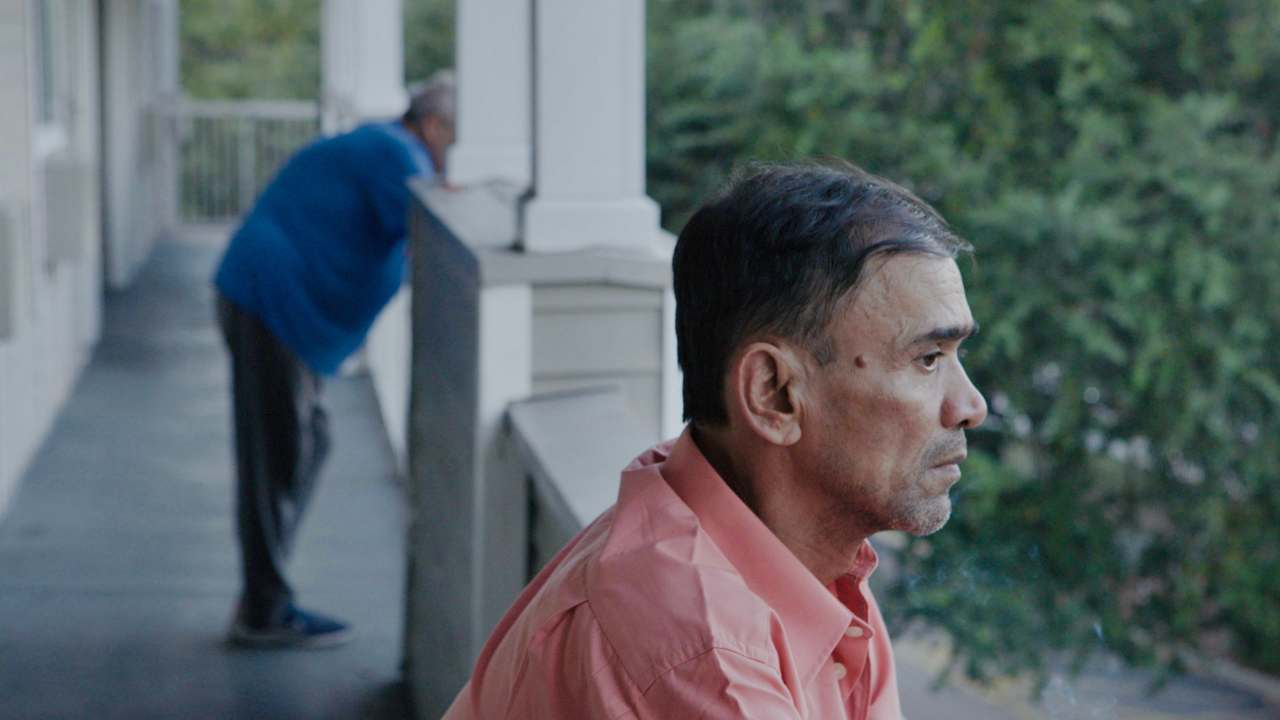
INTERNATIONAL DOCUMENTARY FILM COMPETITION
The recipient of this year’s Golden Horn – funded by Telewizja Polska S.A. – is Weronika Mliczewska, director of Child of Dust, who also won the Golden Hobby-Horse. The documentary competition jury, consisting of: Marcin Koszałka (chairman), Jenny Horwell, Ondřej Kamenický, Nima Sarvestani, and Mira Staleva, decided to grant this award in recognition of the sincere and moving portrayal of one person’s search for identity amidst the enduring wounds of war, and for creating a documentary that provides deep insight into the relationship between an individual and history, between past and present. This film, in its silence, carries a voice that resonates universally.
The Silver Horn for directors of a film on social issues went to Lina Vdovîi and Radu Ciorniciuc for the film Tata.The jury’s verdict reads: Thanks to the directors’ brave effort to break the cycle of intergenerational trauma, this film moved us deeply, and its universal theme deserves a conversation The jury decided to award the Silver Horn for the director of a film on social issues to an intimate, first-person documentary that combines an investigation into illegal practices and abuses.
The Silver Horn – for the director of a film with high artistic merit – was also given to Natalia Koniarz for the film Silver. The jury justified their pick by stating: For a hypnotic, silent story in which the image becomes a prayer for those who descend underground every day. The jury appreciates the extraordinary visual and formal strength of the film and the courage in creating a world of darkness, dust. and tenderness – a world that chooses feeling over speaking. This cinema is like an echo from inside a mountain – deeply moving and unforgettable.
Natalia Koniarz’s feature documentary debut was also recognised by the jury of the International Federation of Film Critics (FIPRESCI), granting her the award for an immersive, demanding, yet captivating portrait of the lives of Bolivian miners in a post-capitalist reality.
On the domestic front, Koniarz can also boast the Maciej Szumowski Award, which – under the patronage of the Authors’ Association ZAiKS – she received for demonstrating remarkable social awareness. She was recognised for noble empathy in describing a world existing on the margins of our daily lives. For a quiet cry proclaiming that every, EVERY human being is the most precious ore of this world, even if we lack easy solutions to break the fate of those born outside the circle of privilege.
Silver also received the award under the patronage of the Polish Society of Cinematographers given to Stanisław Cuske for best cinematography. The jury justified the merits as follows: A camera that, both literally and metaphorically, brings people forth from darkness. It portrays them with profound tenderness and humanism. It keeps appropriate distance. It accompanies them on every journey. It becomes an integral part of this narrative about people suspended between light and darkness.
Furthermore, Maciej Kubicki (TELEMARK) received the award for best producer of Polish documentary and short films for Silver – for the producers’ courage, evident in tackling a challenging subject and entrusting the Creators’ artistic choices to tell it with such nobility and originality.
Natalia Koniarz’s film is not only the most awarded production during the 65th edition of the festival but also the recipient of the Krakow Film Festival’s recommendation for the European Film Awards.
The Human Rights in Motion Award awarded by the Parliamentary Assembly of the Council of Europe for a film addressing contemporary challenges to democracy and human rights went to the film The Gardener, the Buddhist & the Spy directed by Håvard Bustnes. The Jury justifies its pick, writing: More than ever, we need to be challenged in how we filter truth and how we deal with the delicate, nuanced balance between good and evil. The Gardener, the Buddhist & the Spy asks this extremely important question and provokes viewers to confront the complexity of the twisted stories that constantly surround us.
The Special Mention for rigorous and elegant narration of an archival story, bringing to light a historical case that still resonates eighty years later, confronting the mechanisms of propaganda and the role of film in spreading ideology went to Luuk Bouwman for the film The Propagandist.
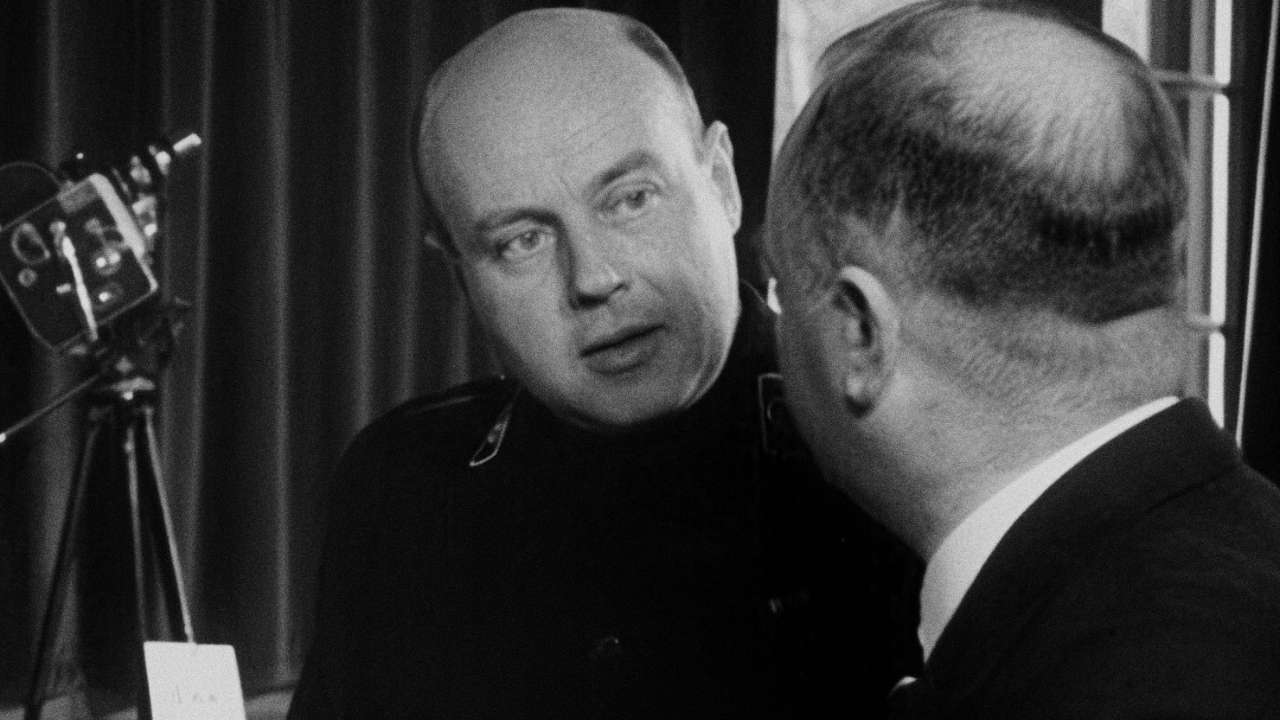
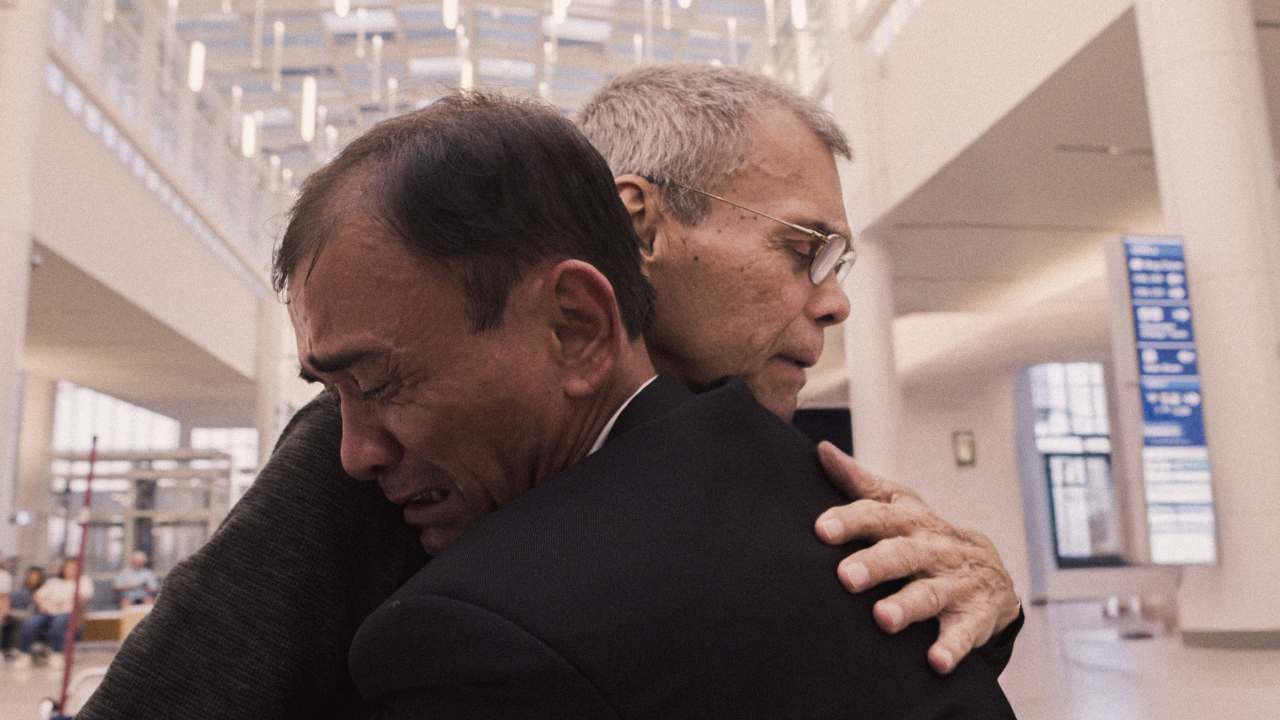
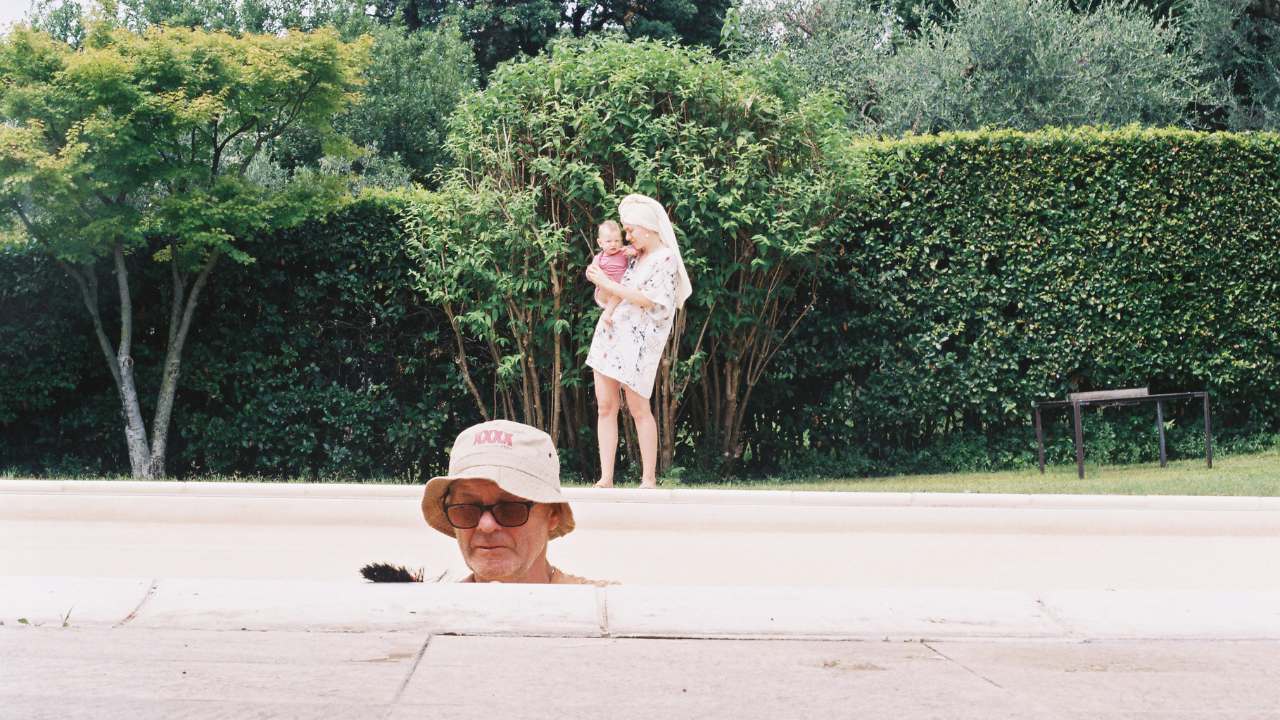
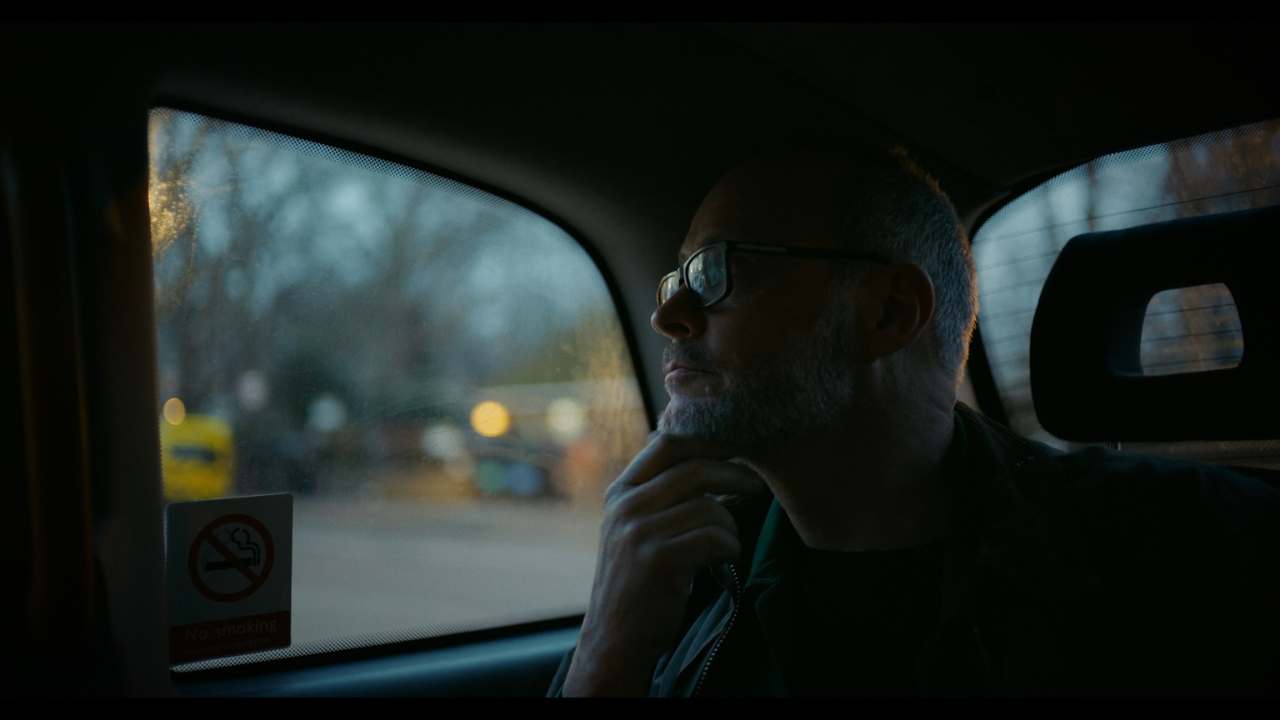
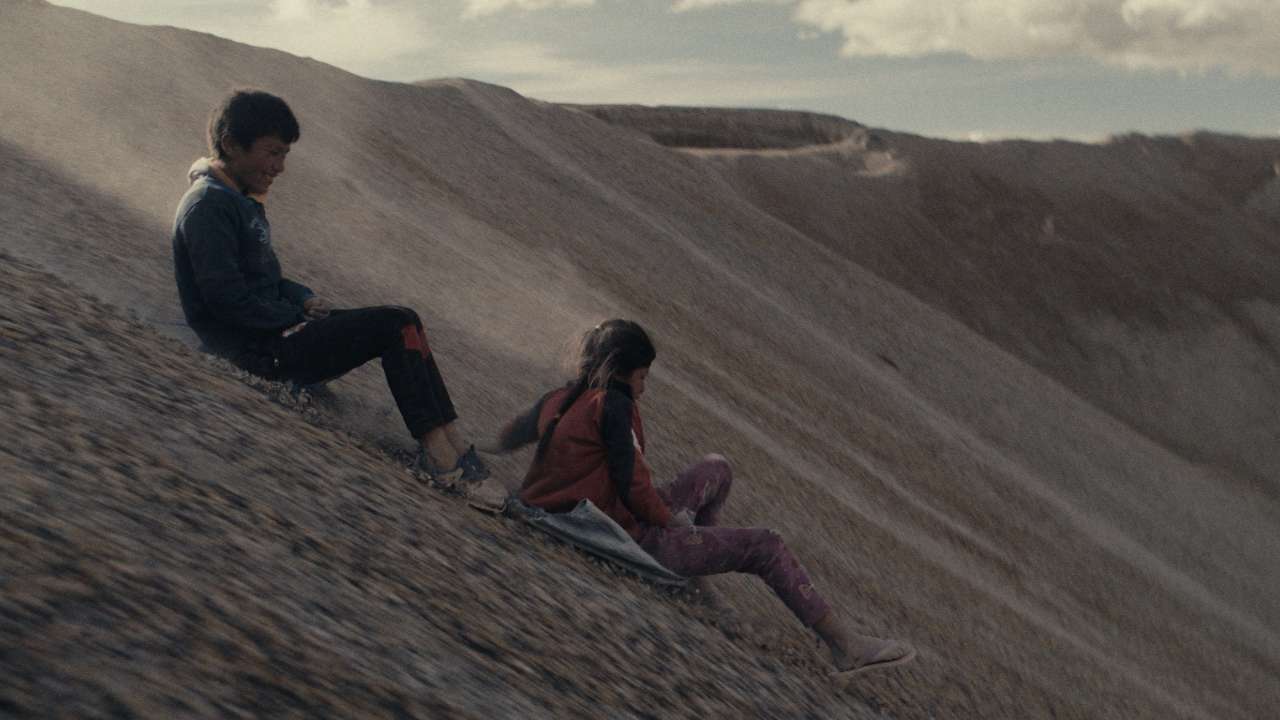
International Short Film Competition
The International Short Film Competition jury – chaired by Anna Bławut-Mazurkiewicz – awarded the Golden Dragon for director of the best film to Artem Rachkelyuk for Look Homeward.In the jury’s statement we read: For an elegant portrayal of the existential crisis experienced by young Ukrainian refugees as they strive to save the future of their homeland.
In turn, the Silver Dragon for the director of the best short documentary film, for a courageous critique of the global surveillance society, for the way it is subverted through lo-fi aesthetics, and for asking the eternal question: ‘Who watches the watchmen?’, was awarded to Hesam Eslami for the film Citizen-Inmate.The award for the director of the best animated film went to Lea Favre for Hunting, which – as the jury states – through its sensitive, feminine perspective, reminds us that animation can – and indeed should – show profound emotions and challenging subjects. The Silver Dragon for the director of the best short fiction film went to Rein Maychaelson for Sammi, Who Can Detach His Body Parts. The jury justified its pick: For a moving depiction of a mother-son relationship, rendered through an unexpected confluence of genres and moods, traversing from magical realism to rape, vengeance, and melodrama.
The award for the best European film (KFF Candidate for the European Film Award in the short film category) for the film World at Stake was given to Susanna Flock, Adrian Jonas Haim, and Jona Kleinlein. The jury summarized their film with these words: A FIFA event that resembles an experiment with a digital world that has become our own reality. A work of art in the age of digital reproduction.
A Special Mention for a brave and bold approach to the subject of sexual needs and emotional bonds throughout the process of aging went to Daria Kopiec for her second festival film, i.e. It’s All Because of Her. However, this is not the only distinction for the director – Kopiec was also recognised by the jury of the International Federation of Film Societies (FICC), who wrote in their verdict: We bestow a Special Mention upon a film that, through excellent acting, tells a twisted tale and brings the feel of a stage performance to a fictional narrative. Then, the Federation awarded the Don Quixote Award for best short film to Silver Dragon winner Lea Favre for the film Hunting, which plays with viewer expectations. It masterfully portrays victim and perpetrator, whose roles prove not to be eternally assigned. Minimum time, maximum impact, and a shutter button charged with profound power.
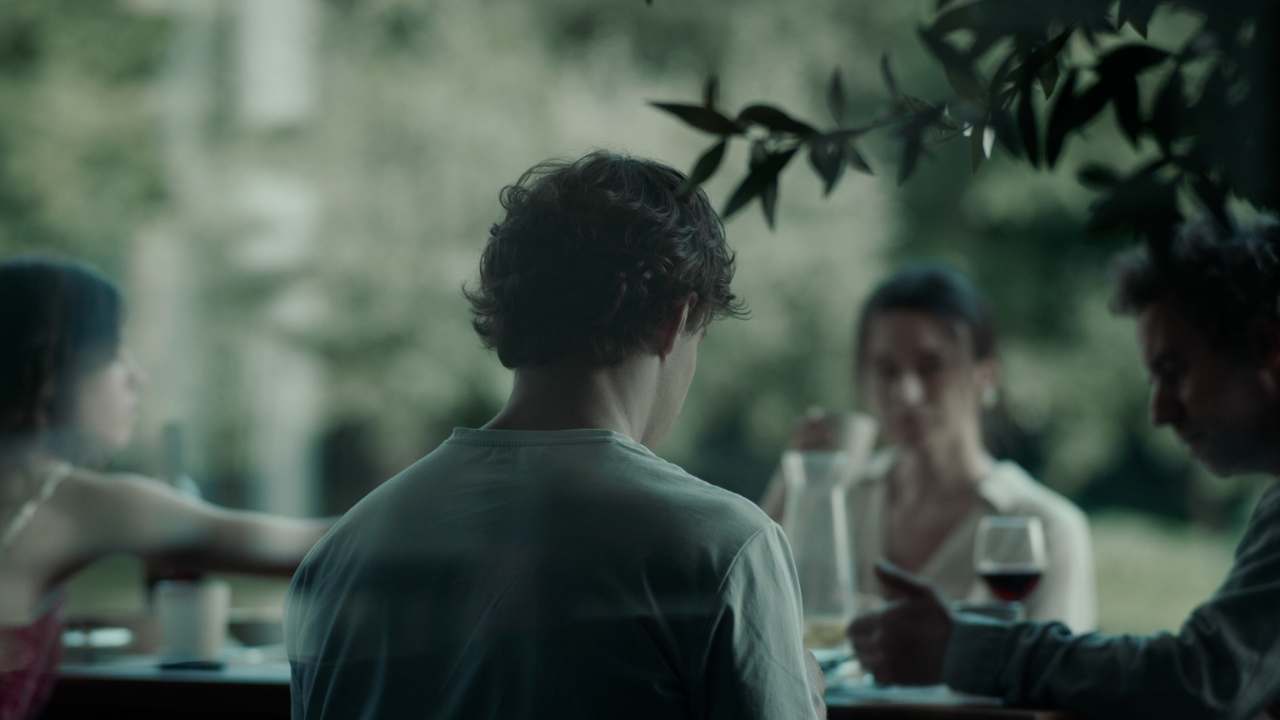
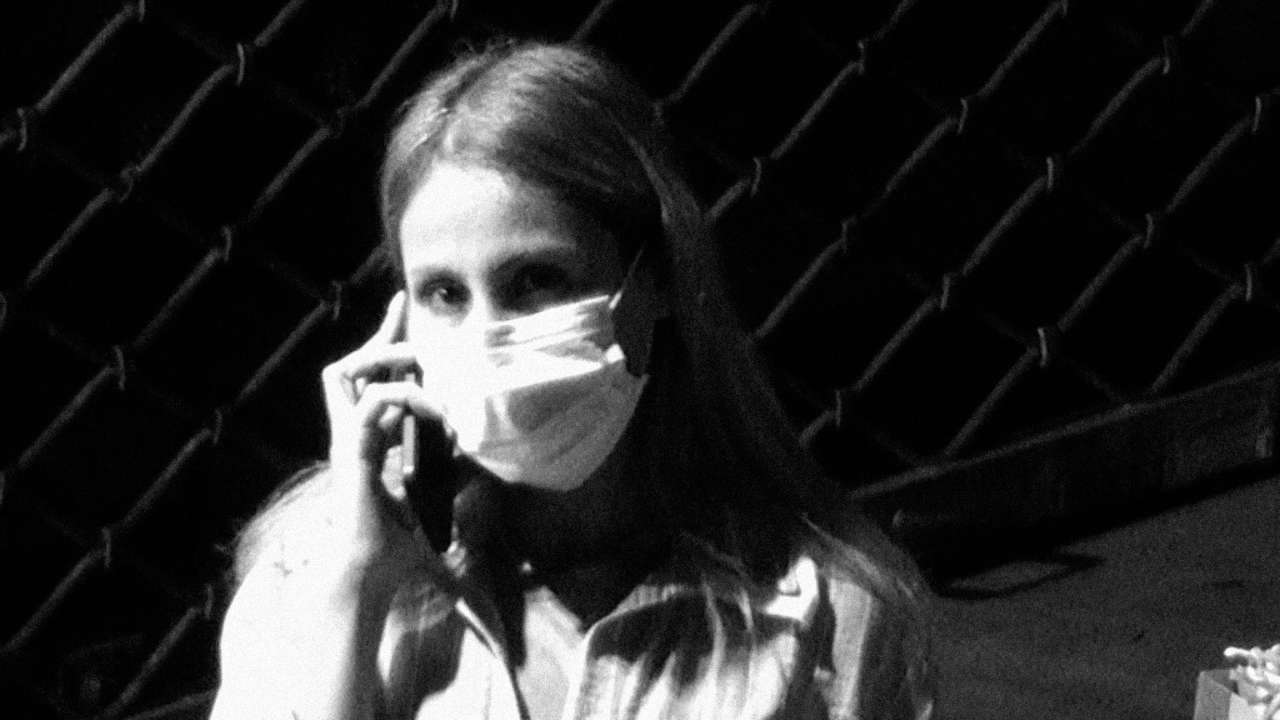
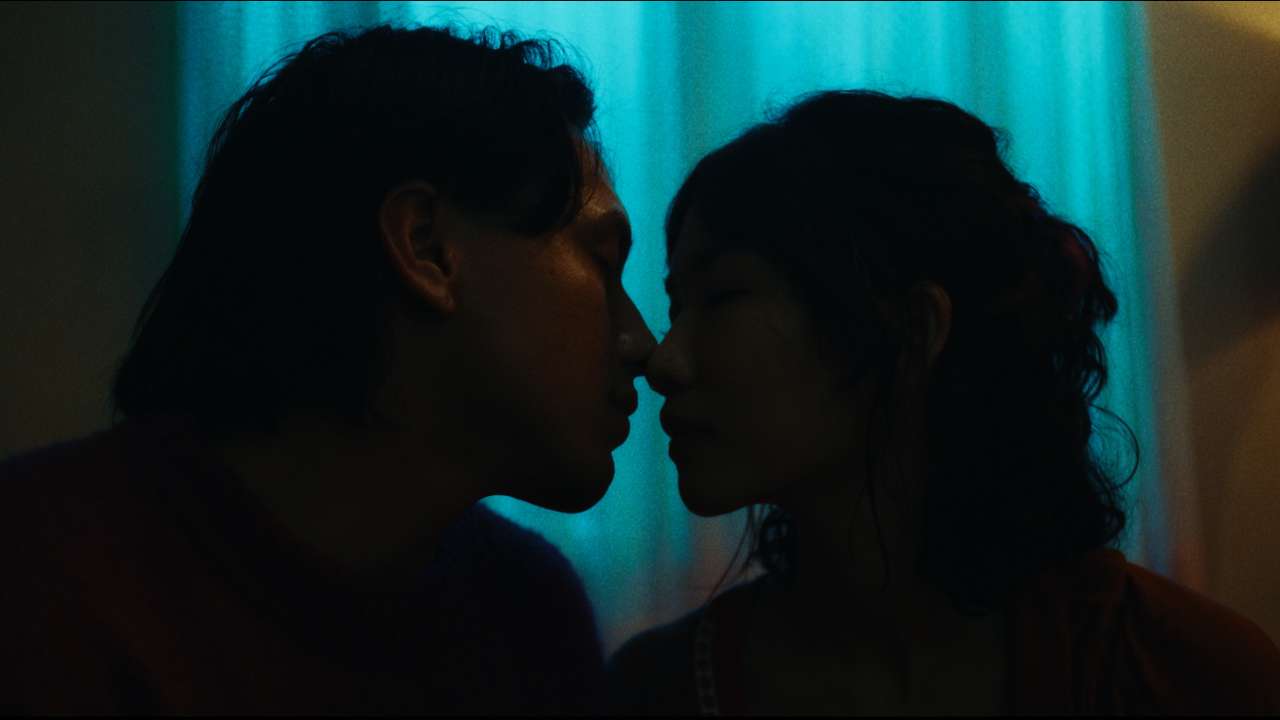
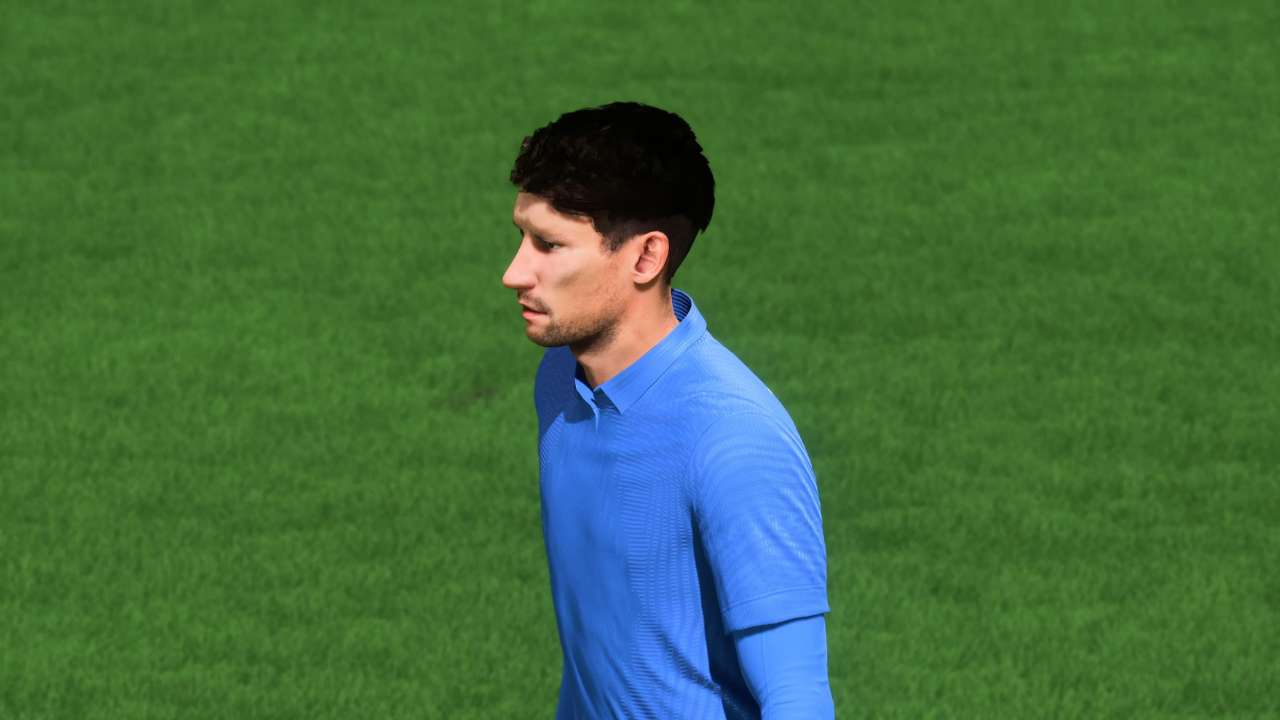
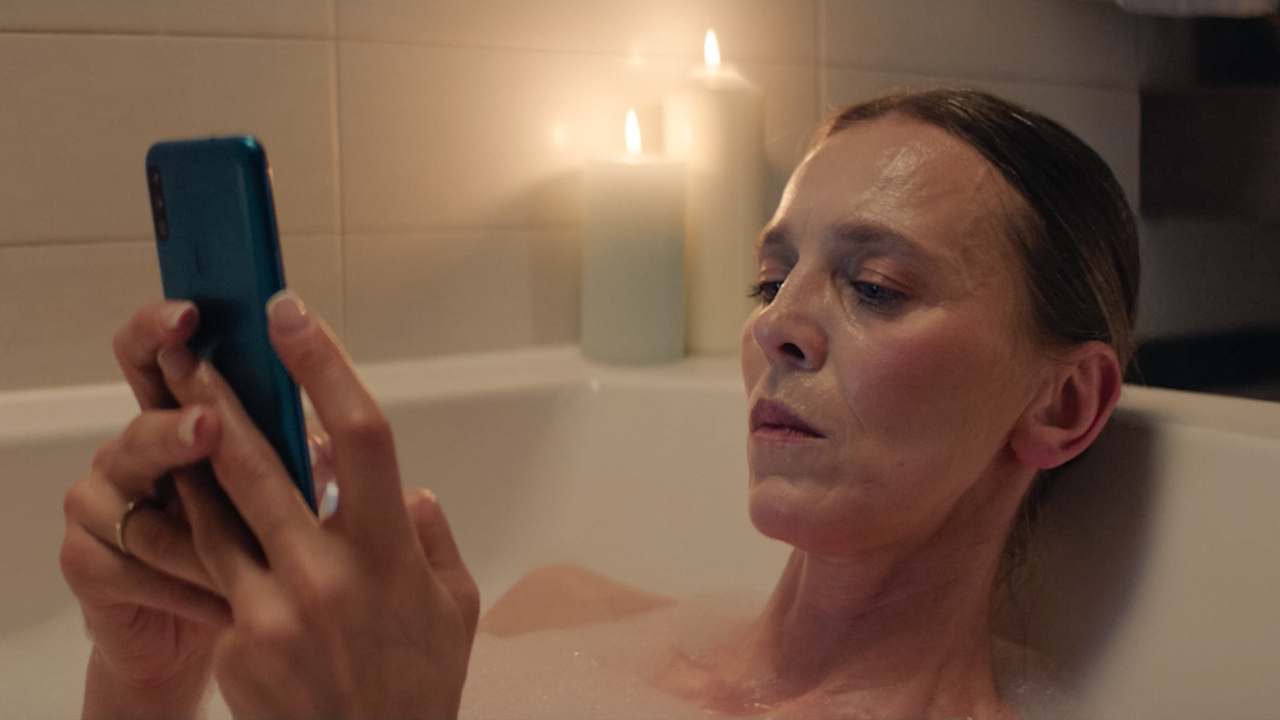
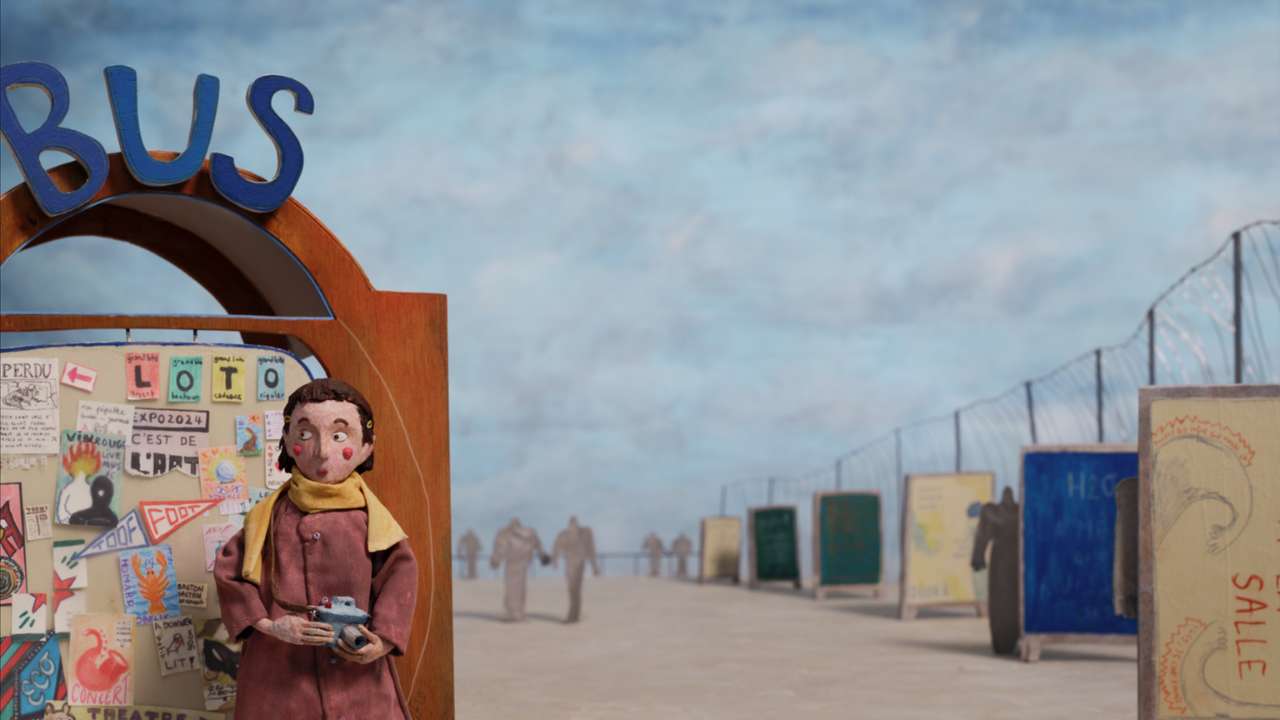
International DocFilmMusic Competition
The jury of the music film competition – chaired by Urszula Śniegowska – decided to award the Golden Heynal to the directors of the best film, Michael Mabbott and Lucah Rosenberg, for the film Any Other Way: The Jackie Shane Story. In the verdict we read: First, we would like to express our gratitude for the invitation into the diverse world of artists in the DocFilmMusic competition. We have picked a film that takes us on a cinematic journey into the world of an unjustly forgotten singer/artist/creator. Despite the lack of film footage showing the protagonist, the creators of this documentary managed to craft a multi-dimensional portrait of the artist in a convincing and original way. Her story is both universal and extraordinarily relevant. We could not go ‘Any Other Way’ than to award Any Other Way: The Jackie Shane Story.
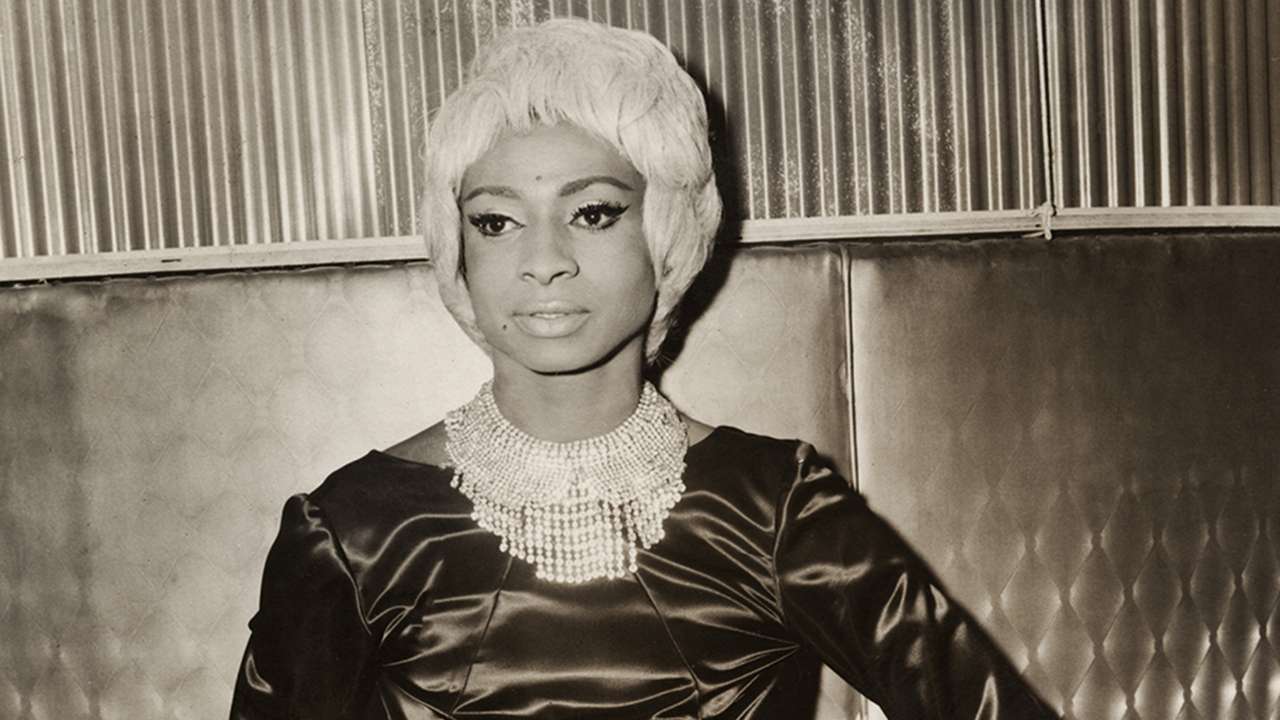
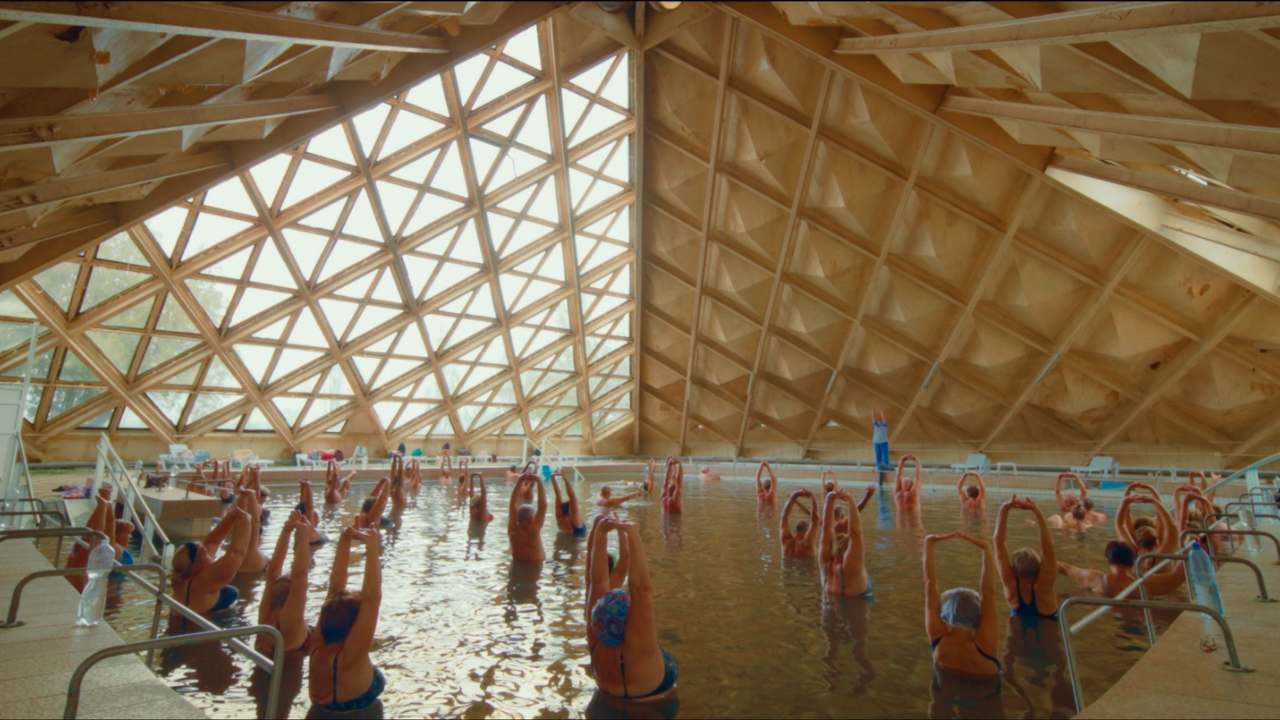
Student Jury Award
The opinion of students, who choose their own favourites every year, is also extremely important to us. This year, after watching all competition films, the Student Jury consisting of: Zuzanna Adamowicz, Michał Bech, Amelia Georgiewska, Marcin Gołąbek, Wiktoria Gornowicz, Iga Gross, Roman Kraiński, Ignacy Pstrągowski, Krzysztof Strumiński, Katarzyna Szyszkowska, Maciej Warchoł, Oliwia Weksej decided to grant the award to the film Sanatorium directed by Gar O’Rourke. The jury justifies its choice as follows:
We have decided to recognise Sanatorium for a subtle and innovative way of reminding us about matters we have no right to forget.
We recognize that the world is in urgent need of healing. Therefore, we honour a work that finds remedy in the sense of community – waging a heroic battle for the beauty of every moment, even the most difficult ones. By portraying the daily lives of its protagonists, this deeply humanistic film humanizes the victims of war far more effectively than any martyrology ever would.
The creators give us hope that every disease of reality can be cured – even if the means to that end is mud.
Audience Award
This year, Silver directed by Natalia Koniarz was voted the favourite film of viewers gathered in Krakow’s arthouse cinemas.
Krakow Film Festival is on the exclusive list of film events qualifying for the Academy Awards® in short film categories (fiction, animation, documentary) and feature-length documentary, the European Film Awards in the same categories, and serves as a qualifying event for the BAFTA Awards.
Krakow Film Festival is organised with financial support from the City of Krakow, the Polish Film Institute, the Creative Europe MEDIA Programme, and Ministry of Culture and National Heritage from the Culture Promotion Fund – a special-purpose fund. The Polish Filmmakers Association serves as co-organiser.
KFF events at the Barbican are co-organised by the National Centre for Culture as part of the Cultural Programme of the Polish presidency of the Council of the European Union 2025.